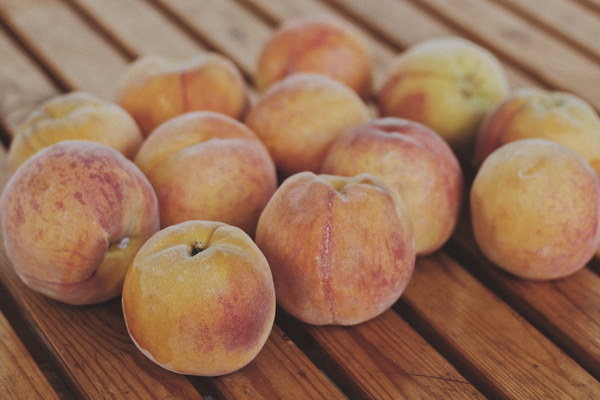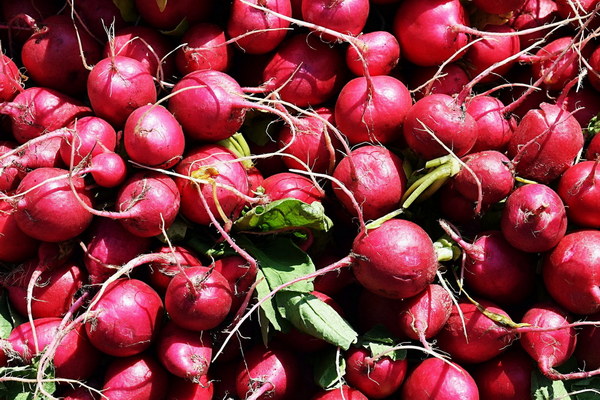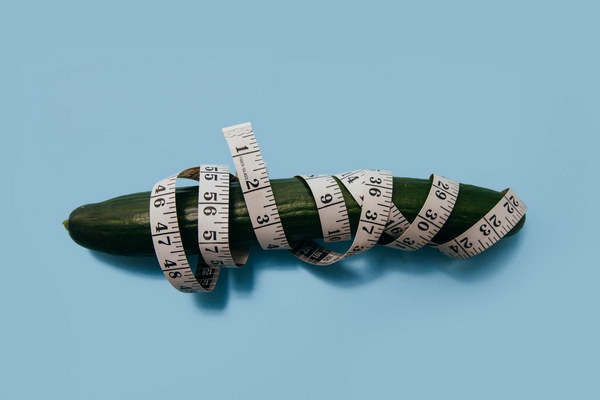Can Babies Consume Yin-Nourishing Foods for Kidney Support
Introduction:
The concept of yin and yang in traditional Chinese medicine (TCM) is deeply rooted in the belief that maintaining a balance between the two is essential for overall health. While it is widely known that adults can benefit from yin-nourishing foods to support kidney health, the question arises: Can babies consume these foods as well? In this article, we will explore the topic, examining the suitability of yin-nourishing foods for infants and their potential benefits.
Understanding Yin and Yang in TCM:
In TCM, yin and yang represent the complementary and opposing forces that maintain the balance of the body's internal environment. Yin is associated with cold, slow, and moist characteristics, such as fluids, blood, and cooling properties. Yang, on the other hand, is associated with warmth, activity, and dryness, such as energy and heat.
The Kidney in TCM:
The kidney is a vital organ in TCM, responsible for storing essence, producing hormones, and regulating growth and development. It is closely linked to the bones, hair, and reproductive system. A healthy kidney is believed to be essential for overall well-being.
Yin-Nourishing Foods:
Yin-nourishing foods are those that are believed to replenish and balance the body's yin energy. These foods are typically rich in nutrients, moisture, and cooling properties. Some common examples include:
1. Goji berries: Known for their antioxidant properties, goji berries are believed to nourish the kidneys and improve vitality.

2. Black sesame seeds: These seeds are rich in minerals and vitamins, helping to strengthen the kidneys and improve fertility.
3. Almonds: Almonds are a good source of protein, healthy fats, and minerals, which can support kidney health.
4. Sea cucumber: This seafood is considered a potent yin-nourishing food, believed to enhance kidney function and improve fertility.
5. Chinese yam: This root vegetable is known for its nourishing properties and is often used to support kidney health.
Can Babies Consume Yin-Nourishing Foods?
While yin-nourishing foods can be beneficial for adults, it is crucial to consider the nutritional needs and digestive capabilities of infants. Babies have delicate digestive systems and require a specific diet that is tailored to their growth and development.
In general, it is not recommended to introduce yin-nourishing foods to babies, especially those under the age of 1. Their bodies are not yet equipped to process the complex nutrients found in these foods, and there is a risk of food allergies or gastrointestinal issues.
However, as babies grow older and their digestive systems mature, they may be able to tolerate certain yin-nourishing foods in moderation. It is essential to consult with a pediatrician or a TCM practitioner before introducing any new foods to an infant's diet.
Potential Benefits for Older Infants:
For older infants who have been introduced to solid foods, incorporating yin-nourishing foods into their diet may offer the following benefits:
1. Strengthened immune system: Foods rich in antioxidants, like goji berries, can help support the immune system and reduce the risk of infections.
2. Improved growth and development: Nutrient-dense yin-nourishing foods can provide essential nutrients for healthy growth and development.
3. Enhanced kidney function: While the evidence is limited, some studies suggest that certain yin-nourishing foods may support kidney health.
Conclusion:
While yin-nourishing foods can be beneficial for adults, it is not recommended to introduce them to babies, especially those under the age of 1. As infants grow older and their digestive systems mature, they may be able to tolerate certain yin-nourishing foods in moderation. However, it is essential to consult with a pediatrician or a TCM practitioner before making any dietary changes for an infant.









